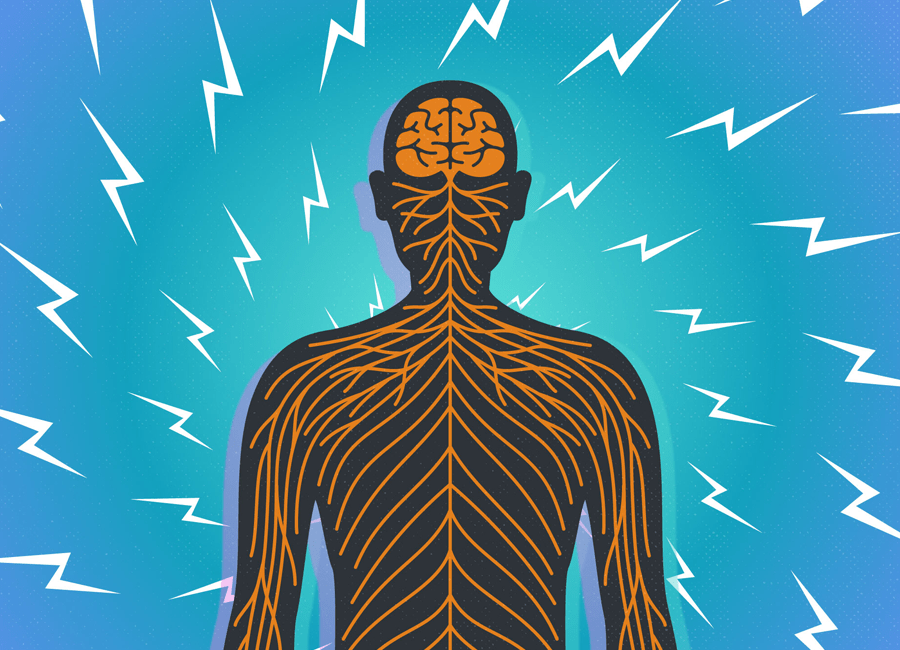Have You Tried These Supplements for Chronic Pain?

Chronic pain is a significant medical challenge. Pain is subjective, and our experience is impacted by the type of injury or condition and our emotional and psychological state. The various influencing factors make it unlikely that conventional pharmaceutical-based products will deliver the relief you need. Consequently, it is essential to learn about other sources of pain relief.
Before trying any new supplement, it’s crucial to consult your healthcare provider. This step is a formality and vital to your safety and well-being. Not all supplements suit everyone, and some may interact with prescription medications.
Your healthcare provider’s guidance ensures that you can confidently explore the right supplement for your pain, knowing that your safety is a priority. After all, not all pain is the same, and a personalized approach is critical.
Chronic headaches
Choose magnesium, vitamin B2, butterbur or feverfew to cope with chronic headaches, particularly managing the impact of migraines.
- Magnesium is essential for nerve function and muscle relaxation. Studies show that magnesium deficiency is linked to migraines. Supplementing magnesium can help reduce headache frequency and severity.
- Vitamin B2 supports cellular energy production in the brain, and research has found that when taken consistently, it can significantly reduce the occurrence of migraines.
- Butterbur is an herbal remedy known for its anti-inflammatory properties, which may relieve spasms in blood vessels that trigger migraines.
- Feverfew has been traditionally used for headache relief because it reduces the production of inflammatory substances in the brain that cause migraine pain.
You can also relieve fibromyalgia with vitamin D and magnesium.
Chronic Lower Back Pain
Willow bark, devil’s claw, vitamin D, and capsaicin can help if you struggle with constant lower back pain.
- Willow bark contains salicin, like aspirin, which can help reduce inflammation and alleviate pain.
- Devil’s claw is known for its anti-inflammatory and pain-relieving properties, making it great for muscle and joint pain, including back pain.
- Vitamin D is crucial for bone and muscle health; low levels are linked to increased musculoskeletal pain. Supplementing with vitamin D may help improve muscle function and reduce chronic pain.
- Capsaicin topical cream, derived from chili peppers, can reduce pain by depleting a neurotransmitter called substance P. It’s an excellent option for conditions like lower back pain.
Willow bark and devil’s claw can also help with osteoarthritis and rheumatoid arthritis.
Neuropathic pain
To counter neuropathic pain, consider alpha lipoic acid or vitamin B12.
- B12 is essential for nerve health and regeneration, and a lack of it can lead to numbness, tingling, and burning sensations. Before supplementing vitamin B12, a medical profesFFsional must test for a deficiency.
- Alpha lipoic acid is a powerful antioxidant that protects nerve cells from oxidative stress and damage. It is particularly effective in pain related to diabetes and can also regulate blood sugar levels.
Other herbal anti-inflammatories are worthy of consideration. You might explore the medicinal power of turmeric, ginger, and other common kitchen ingredients to support you in managing your chronic pain.
Learn more about how you can use the power of herbal remedies to enhance your health by picking up a copy of Complete Guide To Herbal Remedies.










